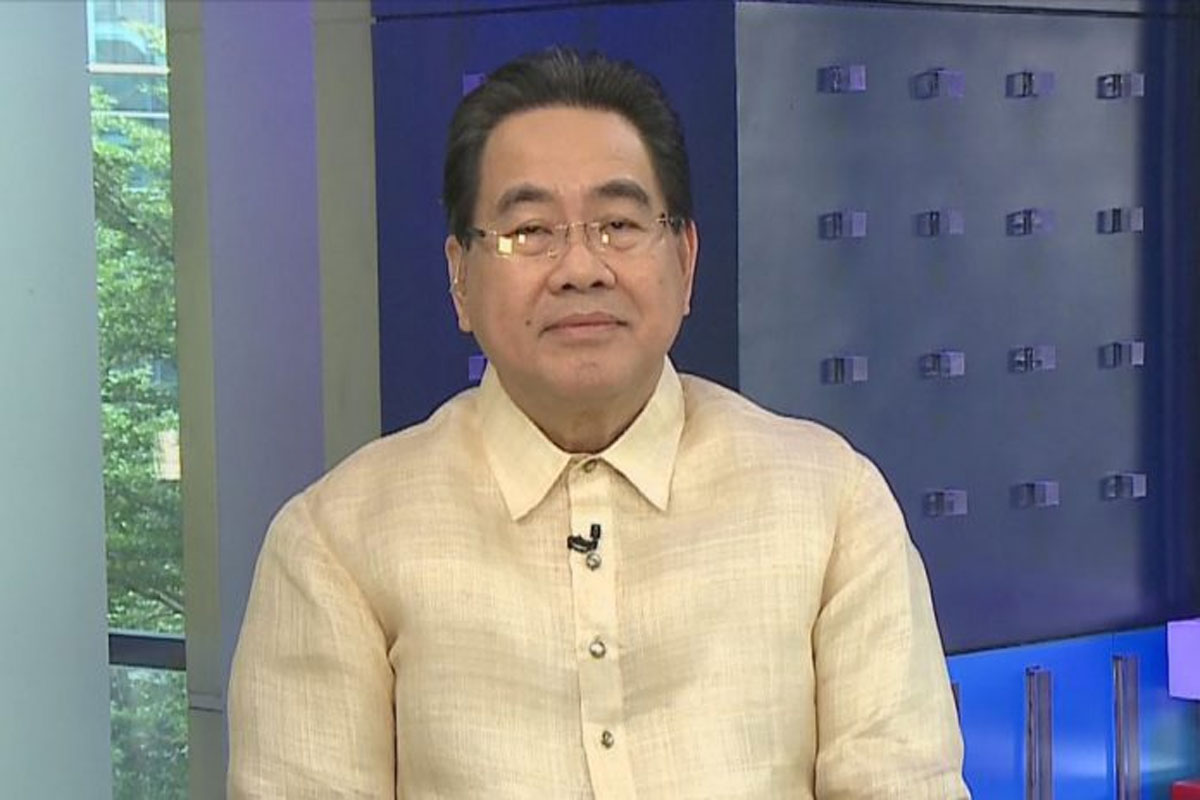
Senate has always opposed Charter change, says Suarez
THE Senate has always been opposing efforts by the House of Representatives to introduce changes in the Constitution, including improvements in its economic provisions, since the 8th Congress.
This is according to Cagayan de Oro City Representative Rufus Rodriguez, chairman of the House committee on constitutional amendments.
“Our records show that they have consistently been obstructionist when it came to Charter reform in the past three decades – for a total of 12 Congresses or for 34-35 years – from the 8th Congress to the present 19th Congress,” he said.
Rodriguez said the Senate’s obstinate opposition to constitutional amendment efforts from the House has prompted some congressmen to support People’s organizations in launching a people’s initiative, the mode the Constitution itself provides for a direct popular proposition for Charter change.
“That process will bypass the Senate. I personally do not want that to happen, but I think majority of us will support it out of frustration over the Senate’s obstructionism,” the Mindanao lawmaker added.
He pointed out that senators have not acted even on House proposals to limit proposed amendments to the Constitution’s “restrictive economic provisions that hinder investments.”
“They have held hostage reforms that could have accelerated our economic growth, generated more investments and created more income and job opportunities for our people,” he stressed.
Citing his committee’s data, Rodriguez said a total of 358 Charter change measures had been filed with the House during the 8th Congress up to the current 19th Congress.
Of these, 83 proposed amendments via a constituent assembly (con-ass), 105 through a constitutional convention (con-con) and 98 by way of Congress holding separate sessions, he said.
In the 8th Congress, the House passed House Concurrent Resolution (HCR) No. 10 calling on the two chambers to convene as a con-ass to propose constitutional changes.
In the 9th Congress, the House adopted HCR No., which likewise pushed for a con-ass.
The House in the 10th Congress also advocated con-ass but suggested parameters to limit discussions to certain provisions of the basic law to address apprehensions about a wholesale overhaul of the Charter.
The bigger chamber in the 11th Congress again proposed con-ass. At the same time, it passed House Bill No. 8273 providing for the manner of introducing amendments though a people’s initiative.
In the 12th Congress, the House reiterated its con-ass proposal. It also adopted House Joint Resolution No. 11 calling for the convening of baranggay assemblies to consider constitutional amendment issues.
The House in the 13th Congress adopted HCR No. 26 convening the legislature to proposed amendments to or revision of the 1987 Constitution.
In the 14th Congress, the House passed House Resolution No. 1109 calling on Congress to “convene for the purpose of considering proposals to amend or revise the Constitution by a vote of three-fourths of all the members of Congress.”
During the 15th Congress, the House focused on its study and review of the Charter’s restrictive economic provisions. The chamber’s leadership initiated a dialogue with the Senate on the latter’s concerns on the manner of proposing amendments and on the suggested changes themselves.
In the 16th Congress, the House adopted Resolution of Both Houses (RBH) No. 1 “proposing amendments to certain economic provisions of the Constitution, particularly on Articles XII, XIV and XVI.”
In the 17th Congress, the larger chamber approved HCR No. 9 proposing again the convening of a con-ass and RBH No. 15 recommending the revision of the Charter.
The House in the 18th Congress, through RBH No. 2, reiterated its proposal to amend certain economic provisions, particularly those found in Articles XII, XIV and XVI.
Now in the current Congress, the House has passed RBH No. 6 calling for a con-con to propose amendments. It has also approved House Bill No. 7352 implementing RBH No. 6. The larger chamber transmitted the resolution to the Senate on March 7, 2023 and the bill eight days later on March 15.
Rodriguez said the Senate has not acted on the newest resolution and its implementing bill.






















